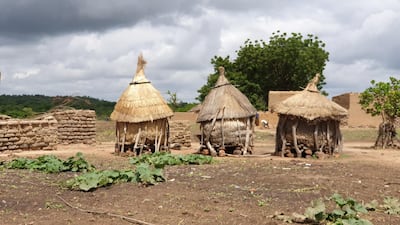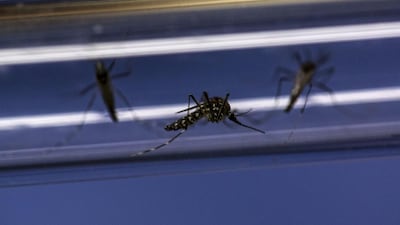A new study by NYU Abu Dhabi resulted in a major discovery into natural immunity against malaria.
Blood samples from children from ethnic groups in remote areas of Burkina Faso, and the Gouin and Fulani tribes spread over several countries, were studied to measure their response to the malaria parasite Plasmodium falciparum.
The study uncovered a molecular mechanism that “alters the immune response to infection”.
Why some people have natural protection against disease, while others do not, is a topic of major interest in medicine.
“The inter-ethnic comparison points to a fundamental molecular mechanism that could define the outcome of the infection in children, and it is fascinating how two human groups could diverge functionally in such a way,” said Youssef Idaghdour, NYU Abu Dhabi assistant professor of biology, who carried out the study with colleagues from the Centre National de Recherche et de Formation sur le Paludisme in Burkina Faso.
There were 409,000 people killed by malaria in 2019, the most recent figure available from the World Health Organisation.
Most of those who died were young children from sub-Saharan Africa.
"These results will change our understanding of how to achieve better malarial therapeutic interventions and vaccine responsiveness in populations," said Wael Abdrabou, the first author of the paper, which was published in the journal Nature Metabolism.
Abu Dhabi's government and leaders have for many years funded research into and treatment of preventable diseases in the developing world.
Millions of dollars were recently pledged to fight neglected tropical diseases, which can blind, maim and kill hundreds of thousands of people every year – trapping people in the developing world in a cycle of poverty.







